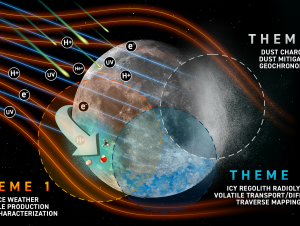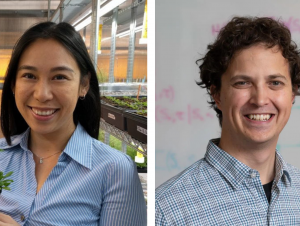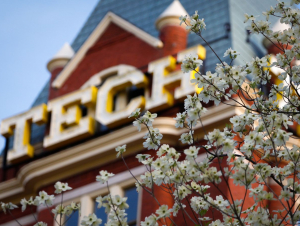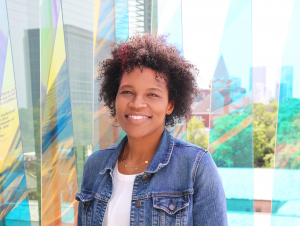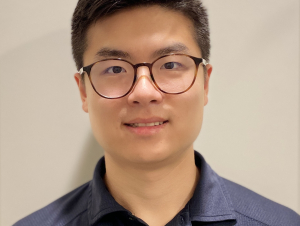To request a media interview, please reach out to experts using the faculty directories for each of our six schools, or contact Jess Hunt-Ralston, College of Sciences communications director. A list of faculty experts is also available to journalists upon request.
Latest News
Georgia Tech researchers have been selected by NASA to lead a $7.5 million center that will study the lunar environment, and explore the generation and properties of volatiles and dust.
Cheung’s research has the potential to improve medical treatments — including many cancer treatments — and also to help create plants that are more resilient to climate change, which could help feed communities of the future. Sponberg’s research into agile movement also has medical applications — potentially changing the way we approach physical therapy for degenerative diseases — as well as a number of other applications, including building better robots.
The Board of Regents (BOR) of the University System of Georgia (USG) voted Tuesday to maintain tuition and mandatory student fees at current levels for most USG institutions, including Georgia Tech, in the 2023-24 academic year.
Transportation is now the state's leading emitter of greenhouse gases, eclipsing energy production.
New Relic executive Tia Williams was one of the first Earth and Atmospheric Sciences undergraduates at Georgia Tech. Now, she’s unveiling ways for current students to map their College of Sciences skills — and recently delivered the keynote at the College’s Spring Student and Alumni Leadership Dinner.
Georgia Tech Ph.D. Candidate James X. Zhong Manis is one of 87 awardees from 58 different universities who will conduct thesis research at one of 16 DOE national laboratories. For Manis, that lab will be the Stanford Linear Accelerator Center (SLAC) at Stanford University.

